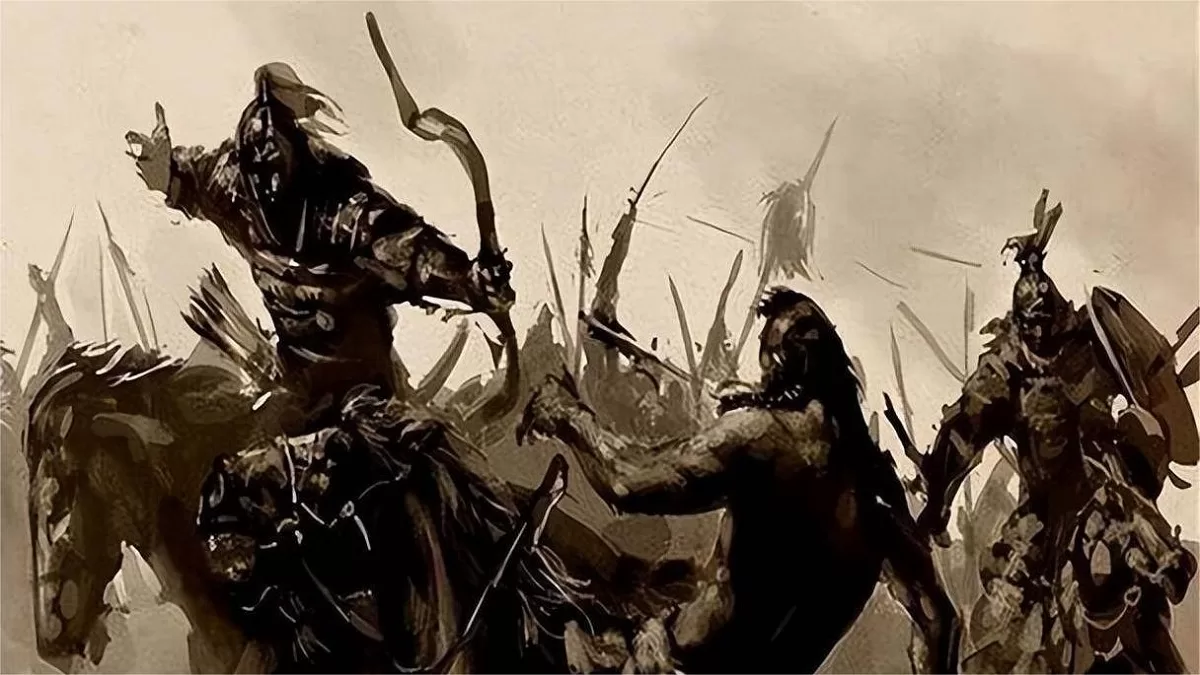Han Wudi, also known as Emperor Wu of Han, and Tang Taizong, also known as Emperor Taizong of Tang, were both renowned rulers in ancient China. While it is challenging to definitively determine who was greater, we can examine their achievements, leadership styles, military conquests, governance, and cultural contributions to gain a comprehensive understanding of their legacies.
Achievements:
- Han Wudi: He reigned over the Western Han Dynasty (141 BC – 87 BC) and expanded the Han Empire through military conquests. He strengthened centralization and implemented administrative reforms, establishing a strong foundation for the future of imperial China. He also promoted Confucianism and supported the compilation of historical records.
- Tang Taizong: He ruled during the early Tang Dynasty (618-907 AD) and is considered one of the greatest emperors in Chinese history. Tang Taizong restored stability and expanded the empire through military campaigns, reclaiming territories lost during the transition from the Sui Dynasty. He implemented a merit-based bureaucracy and enacted legal reforms, including the Code of Tang, which served as a model for subsequent legal systems.
Leadership Style:
- Han Wudi: He was a strong and assertive ruler who made important decisions himself. He sought advice from scholars and implemented policies based on Confucian principles. However, he also faced criticism for his authoritarian tendencies.
- Tang Taizong: He was known for his wise and balanced leadership. Tang Taizong emphasized the importance of consultation and valued the opinions of his ministers. He encouraged open discussion, created an atmosphere of trust, and implemented policies that reflected the needs of the people.
Military Conquests:
- Han Wudi: He launched military campaigns to expand the Han Empire’s territory. Notable conquests include the incorporation of the Xiongnu territories, the annexation of the Nanyue Kingdom (present-day southern China and northern Vietnam), and the establishment of the Silk Road trade route.
- Tang Taizong: He led successful military campaigns to unify China, defeating rival warlords and expanding the empire’s borders. Tang Taizong’s conquests extended the Tang Dynasty’s rule over vast territories, including parts of Central Asia and the Korean Peninsula.
Governance:
- Han Wudi: He implemented administrative reforms and established a centralized bureaucratic system, which improved governance and increased the empire’s stability. Han Wudi also introduced land reforms to address socioeconomic inequalities and supported agriculture and infrastructure development.
- Tang Taizong: He reformed the government system by introducing the Three Departments and Six Ministries, which improved the efficiency of administration. Tang Taizong also prioritized the welfare of his subjects, enacted laws to protect peasants’ rights, and implemented policies to encourage agricultural development.
Cultural Contributions:
- Han Wudi: He promoted Confucianism as the state ideology and supported the compilation of historical texts, including the “Records of the Grand Historian” by Sima Qian. Han Wudi’s patronage of the arts and literature led to significant cultural advancements during his reign.
- Tang Taizong: He fostered a flourishing cultural environment known as the “Golden Age of Chinese Poetry.” Tang Taizong himself was a poet and encouraged literary pursuits. He also promoted Buddhism and facilitated cultural exchange with neighboring regions.
Conclusion:
In conclusion, both Han Wudi and Tang Taizong made significant contributions to Chinese history and governance. Han Wudi’s expansion of the Han Empire and promotion of Confucianism left a lasting impact, while Tang Taizong’s military conquests, administrative reforms, and cultural achievements established the foundations of the prosperous Tang Dynasty. Determining who was greater ultimately depends on personal perspectives and the specific criteria used.


